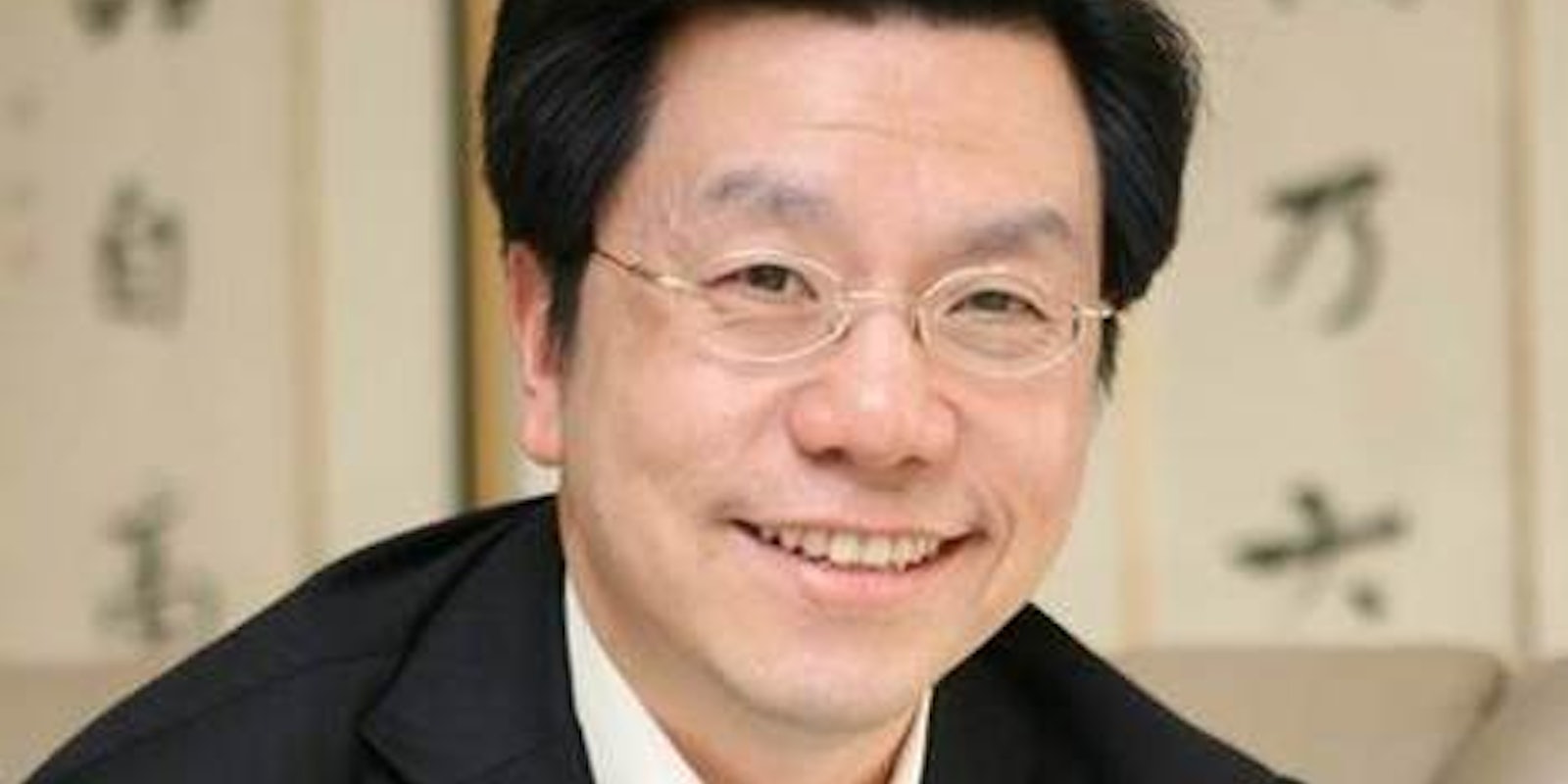The Olympic clash over Chinese swimmer Ye Shiwen’s dominating and almost unbelievable performance on Sunday has leapt to a multinational social media battlefield.
On Thursday Kaifu Lee, former head of Microsoft and Google in China and all around Chinese tech celebrity, posted the personal information of John Leonard, executive director of the World Swimming Coaches Association, on Sina Weibo, China’s most popular social network. Lee called for his followers—all 15 million of them—to bombard Leonard with messages.
They could have also knocked on his front door.
Lee’s post included Leonard’s home address, telephone number and, bizarrely, criminal record, which apparently amounted to little more than speeding tickets, according to Bill Bishop, a China-based analyst and blogger.
Twitter user Fergus Ryan saw at least one death threat in the comments of Lee’s post: “I saw many comments urging others to bombard his email, hack his computer & at least 1 comment saying he should be killed,” he wrote on Twitter.
Lee is one of millions in China outraged over Leonard’s comments about Ye, whom he publicly accused of using performance enhancing drugs.
On Tuesday Ye demolished her competition in the women’s 400m individual medley, breaking the world record by more than a second. She swam her final 50m faster than that of the men’s winner, Ryan Lochte.
Leonard implied that her performance was pretty much impossible—without doping:
“The one thing I will say is that history in our sport will tell you that every time we see something, and I will put quotation marks around this, ‘unbelievable’, history shows us that it turns out later on there was doping involved. That last 100m was reminiscent of some old East German swimmers, for people who have been around a while,” Leonard said.
Leonard, like everyone else who’s accused Ye of doping, has no proof. The swimmer’s blood and urine samples were taken after the race and will be stored for eight years. Prior to the games she passed a test administered by the World Anti-Doping Agency.
British Olympic chief Lord Moynihan has called the speculation around Ye’s record “regrettable:”
“I don’t like it. I think it is wrong. That athlete or, indeed, any athlete that has never tested positive is an athlete who should be supported by her federation and, indeed, everybody in the Olympic movement,” he said.
For his part, Lee deleted his post and apologized. He told Pandodaily’s Hamish McKenzie:
This morning, I read John Leonard’s unfair accusations about Ye Shiwen and felt outraged. So I found his public contact information, and sent him an email message asking him to apologize. Then, I wrote a Weibo post, asking other netizens to send fact-based and civilized emails to him as well. I also attached his other contact information in this post.
I apologize for the inappropriateness of my actions, and any inconveniences this may have caused John. At the same time, I sincerely hope that John would also consider an apology to Ye Shiwen.
The kerfuffle is all too familiar for Twitter users. On Monday Twitter banned British journalist Guy Young for posting the corporate email of an NBC executive. One massive Twitter controversy later, his account was reinstated.
But while Adams never backed down and was held up as a hero, Lee came under fierce criticism and was forced to apologize. There’s a big difference, after all, between an email address and a home address.
Photo via Kaifu Lee/Twitter


